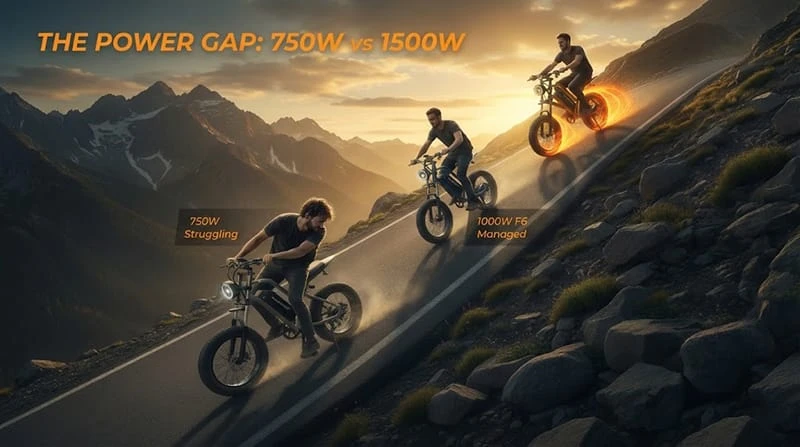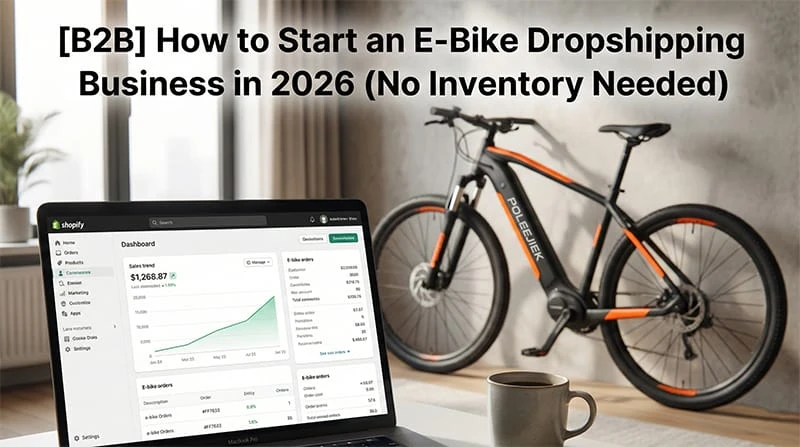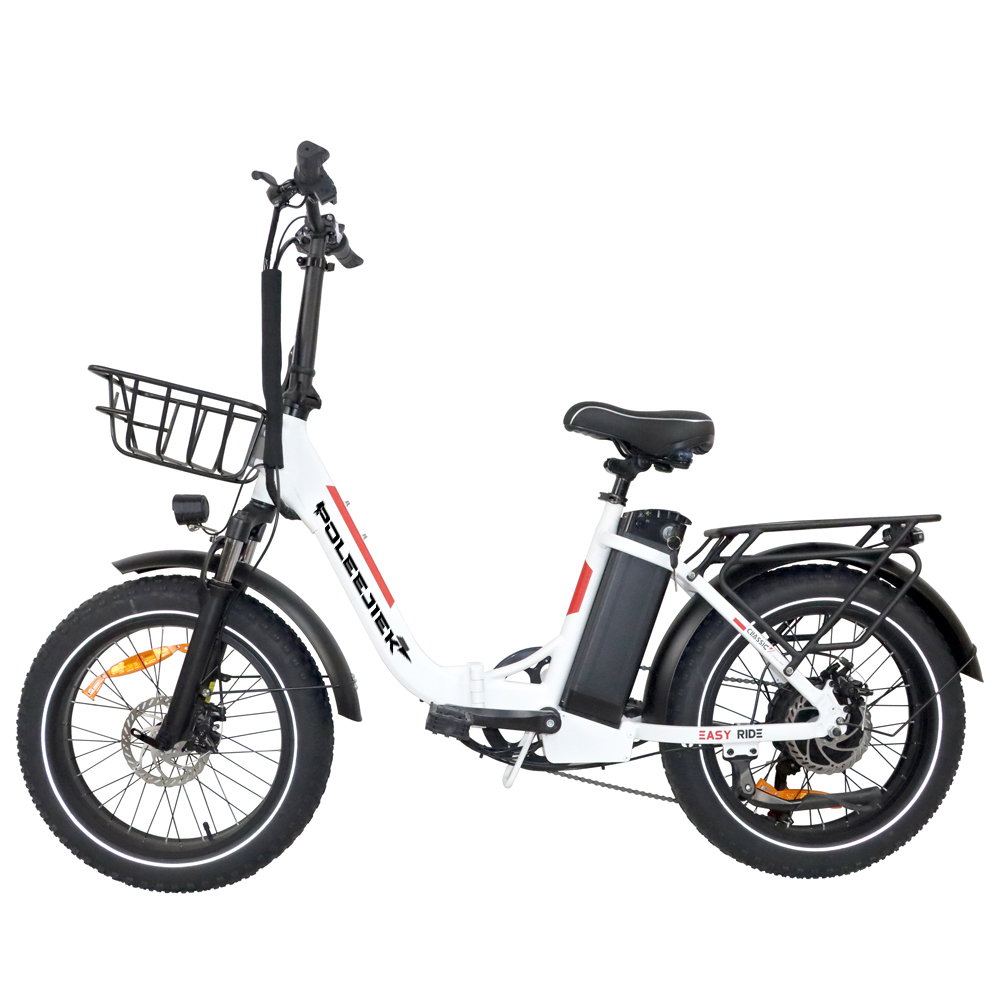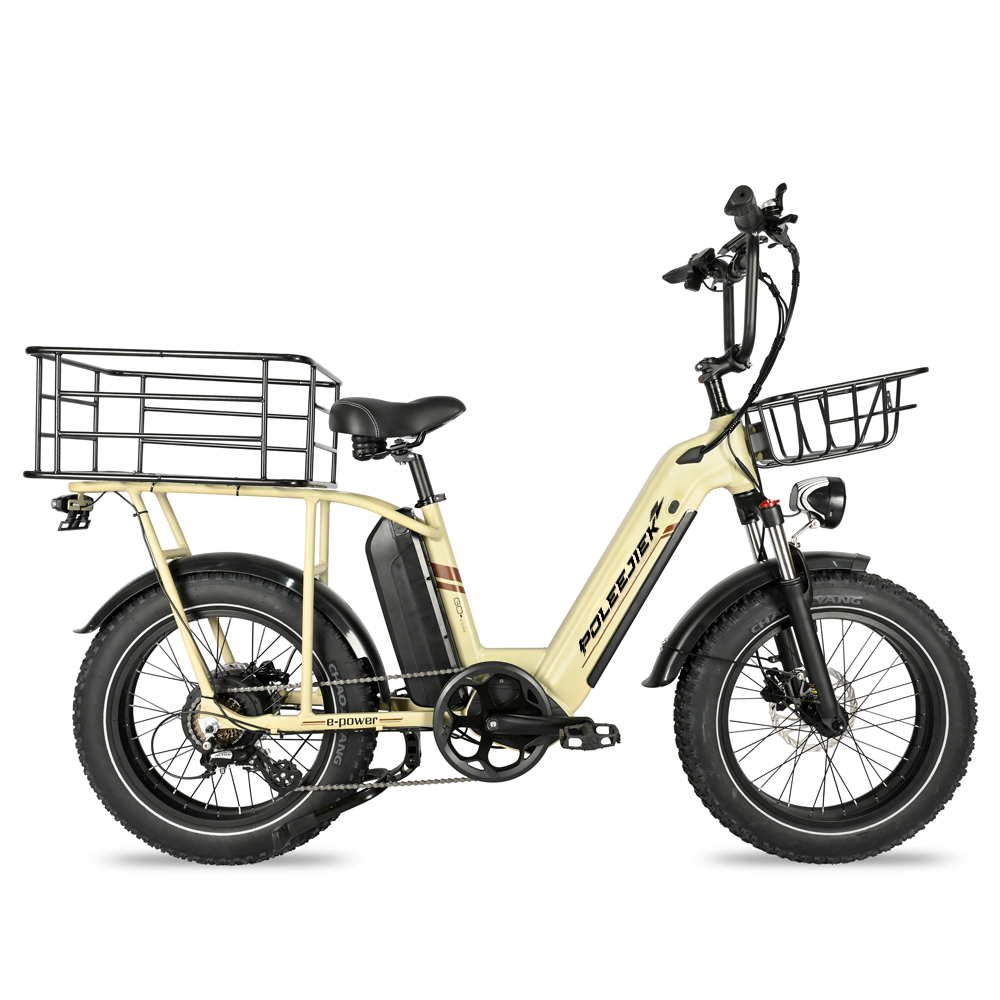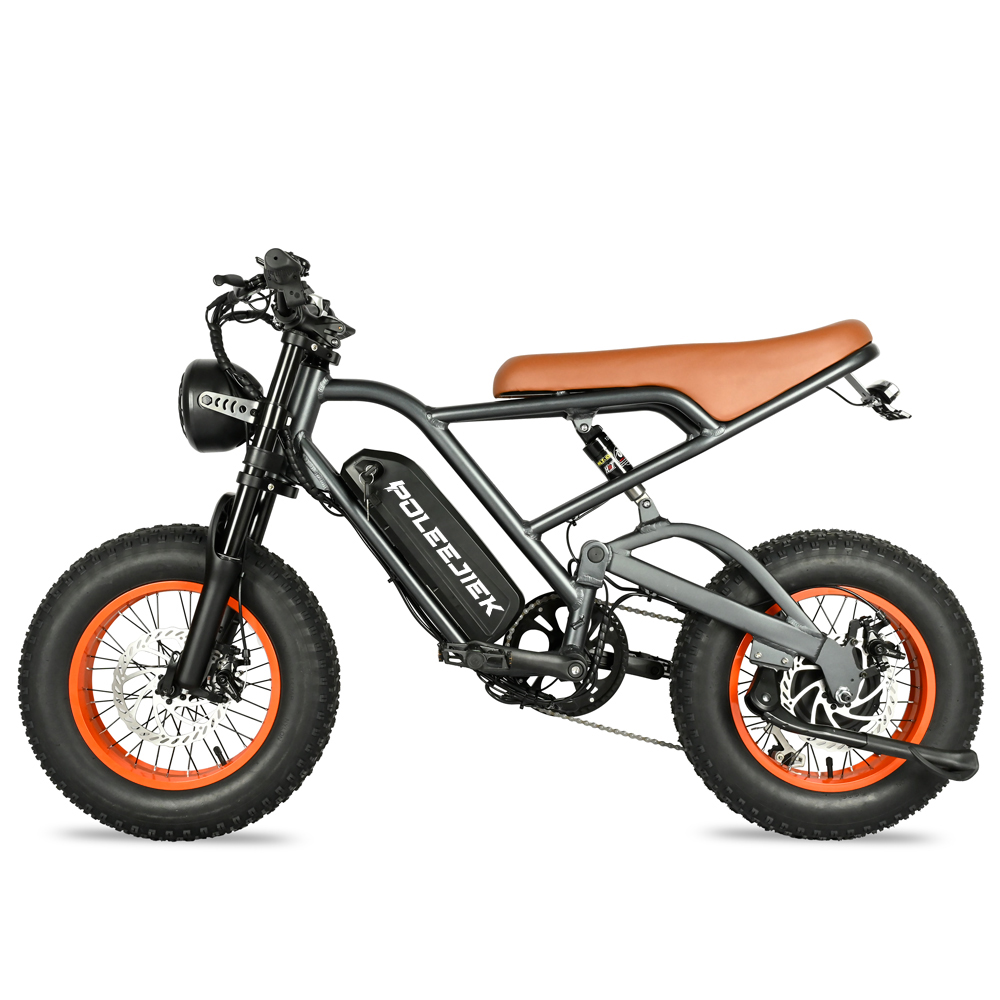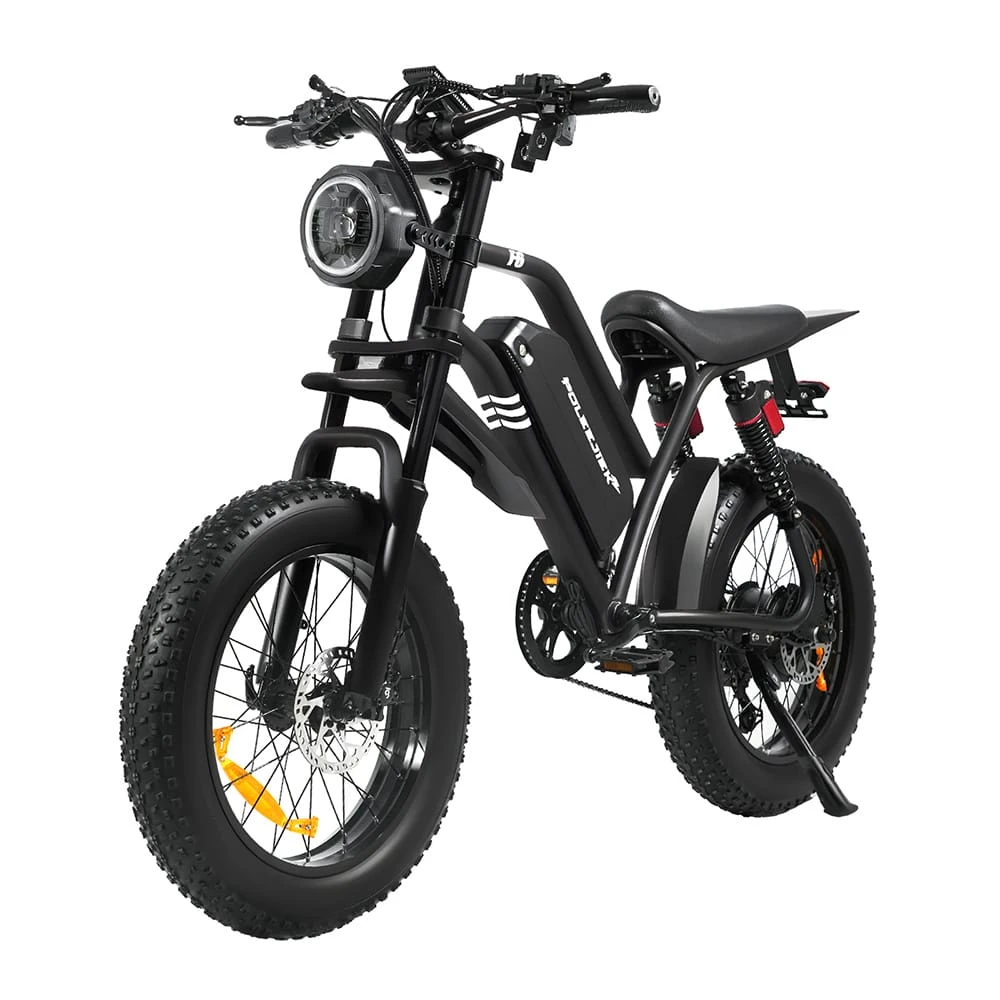Commercial E-Bike Fleet Solutions 2025: TCO, UL 2849 & ROI Guide
In 2025, the shift to sustainable urban logistics is no longer just "green PR"—it is a mathematical necessity. With diesel van costs rising and city centers implementing "Zero Emission Zones," commercial e-bikes offer the only viable path to maintaining margins.
🚀 Executive Summary: Key Insights for Fleet Managers
- Cost Efficiency: Switching from vans to e-bikes can reduce per-delivery costs by up to 90% (from €1.10 to €0.10).
- Compliance Risk: Non-certified batteries are uninsurable. UL 2849 Certification is now a mandatory standard for warehouse fire safety policies.
- Operational Uptime: Modular maintenance and IoT tracking are the new standards for keeping fleets active 24/7.
1. The Mathematics of Switching: Detailed TCO Analysis
Marketing claims are easy; verified data is hard. Below is a Total Cost of Ownership (TCO) comparison based on a 3-year lifecycle for a fleet of 10 vehicles operating 50 miles (80 km) per day in an urban environment.
| Cost Metric (Per Month) | Diesel Delivery Van | POLEEJIEK Cargo E-Bike | Savings Impact |
|---|---|---|---|
| Fuel / Energy | $400+ (Diesel @ $4/gal) | ~$15 (Electricity @ $0.15/kWh) | 📉 96% Lower |
| Insurance | $150 - $300 | $20 - $40 (Liability Only) | 📉 85% Lower |
| Parking & Fines | $200+ (Avg. Urban) | $0 (Curbside/Sidewalk) | ✅ Eliminated |
| Maintenance | High (Engine, Transmission) | Modular (Brakes, Tires, Chain) | See our Maintenance Guide |
| TOTAL Monthly OpEx | ~$800+ per unit | ~$50 - $80 per unit | Savings of ~$750/mo per vehicle |
*Methodology: Estimates based on US urban logistics averages (2025). Actual costs may vary by region and electricity rates.
2. Why Certification is a Liability Strategy
For commercial operators, "safety" isn't just about protecting riders; it's about protecting your warehouse assets. Insurance providers are increasingly denying coverage to fleets using non-certified lithium batteries.
POLEEJIEK fleets adhere to the highest global benchmarks to ensure you remain insurable:
- UL 2849 (USA/Canada): This is the "Gold Standard" for electrical systems. It certifies that the battery, motor, and charger system will not thermally runaway (catch fire) during charging. Read more about why UL 2849 matters for importers.
- EN 15194:2017 (Europe): Ensures the mechanical integrity of the frame under heavy loads, ensuring your Cargo E-Bikes don't fail structurally after 6 months of heavy use.
- ISO 4210 Reinforced Frames: Our commercial frames are engineered for sustained 150kg+ cargo loads without metal fatigue.
3. Managing Your Fleet: IoT & Telematics
Modern fleets run on data. POLEEJIEK offers OEM integration for advanced IoT modules, allowing fleet managers to:
- Real-Time Tracking: Know exactly where your assets are via GPS.
- Geofencing: Set operational zones to prevent theft or unauthorized use.
- Battery Health Monitoring: Predict when a battery needs replacement before it fails on a route.
4. Flagship Models for Fleet Integration
Cargo Ebike BLJ-C008
Best For: Last-mile parcel delivery & food logistics.
- Payload: 150kg+
- Range: 80km (Dual Battery Option)
- Feature: Slide-and-lock swappable battery
1000W Mid-Drive Utility Series
Best For: Industrial campuses & hilly terrain.
- Torque: 120Nm (High Climbing Power)
- Motor: Bafang / POLEEJIEK OEM Mid-Drive
- Durability: Heavy-duty suspension
FAQ for Fleet Managers & Sourcing Officers
1. How do you verify UL 2849 certification?
We provide full, verifiable test reports from accredited laboratories (such as SGS or TUV) with every commercial shipment. This documentation is essential for securing your property insurance and meeting workplace safety (OSHA) compliance.
2. Can the cargo box be customized for cold chain?
Yes. As an OEM manufacturer, we offer full fabrication services for electric cargo bikes, including insulated boxes for food delivery and secure lockers for high-value parcels.
3. What is the lead time for a fleet of 50+ units?
Typically 45-60 days for OEM orders. However, we recommend contacting our B2B team early to plan for seasonal peaks like Q4.
Need a Custom TCO Model?
Let our engineering team build a custom ROI analysis for your specific logistics operation.
Schedule a Fleet Consultation




